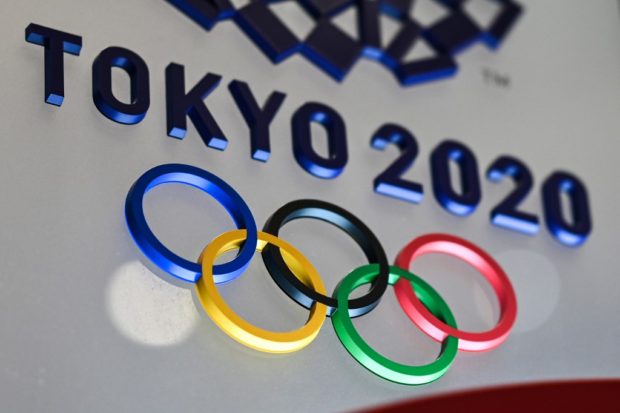Olympics protest rules relaxed for Tokyo Games

(AFP)
TOKYO, Japan – Athletes at Tokyo 2020 will be allowed to “express their views” before and after competing — but not on the podium — after Olympics chiefs relaxed some of the rules for protests at the event.
The International Olympic Committee (IOC) released new guidelines Friday softening a long-standing ban on political protests at the Games.
Article continues after this advertisementIt means athletes will now be allowed to take the knee before play begins to highlight racial injustice, speak to the media and post online about their views, or wear clothing with a protest slogan at a press conference.
But political statements during events, victory ceremonies and at the Olympic Village are still off the cards, the IOC said.
Protests must not be “targeted, directly or indirectly, against people, countries, organisations and/or their dignity”, the sporting body said in a statement.
Article continues after this advertisementThey also cannot be “disruptive” to other competitors, such as unfurling a flag as a team is being introduced.
“The new guidelines are a result of our extensive consultation with the global athletes’ community,” Kirsty Coventry, chair of the IOC’s athletes commission, said in a statement.
“While the guidelines offer new opportunities for athletes to express themselves prior to the competition, they preserve the competitions on the Field of Play, the ceremonies, the victory ceremonies and the Olympic Village.
“This was the wish of a big majority of athletes in our global consultation.”
It follows calls to relax rule 50.2 of the Olympic Charter, which states: “No kind of demonstration or political, religious or racial propaganda is permitted in any Olympic sites, venues or other areas.”
The US Olympic and Paralympic Committee had already promised not to sanction American athletes for “respectful” demonstrations in support of racial and social justice at the Tokyo Games.
China, which will host the Beijing Winter Olympics in February, is facing scrutiny and boycott calls over several issues including the mass internment and other repression of Uyghur Muslims in Xinjiang and the clampdown on freedoms in Hong Kong.